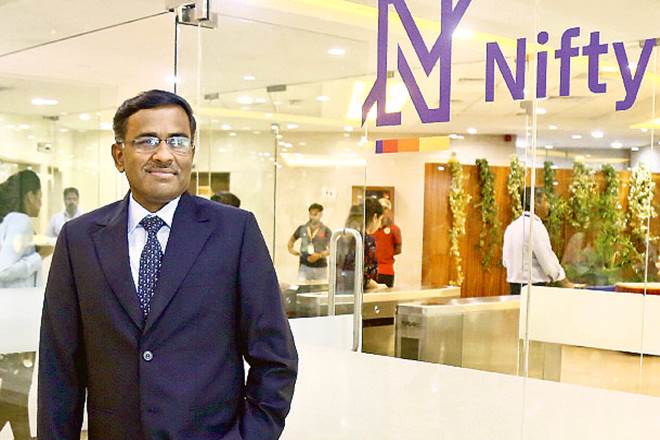The National Stock Exchange (NSE) said that investments in exchange traded funds have risen 62% over September 2018 to September 2019, taking the assets under management by passive funds to around Rs 1.5 trillion. Vikram Limaye, MD and CEO of NSE, said, “To encourage direct retail participation, products like ETFs need to be promoted. ETFs embody many characteristics that the investors may find desirable.”
The share of equity ETFs in the passive funds stands at 95%. The growth in investments has mainly been driven by Employee Provident Fund Organisation along with some exempted trusts followed by retail investors. “Currently, the EPFO invests 15% of its investable amount in a year into equities through ETFs,” Limaye added.
“ETFs replicate the performance of the underlying index. If you have an ETF on Nifty50 then, ideally speaking they should give the same returns as Nifty50 and in (the) returns you need to look at the total return index,” said Mukesh Agarwal, CEO, NSE Indices.
For the last two years, the asset management industry been faced with the challenge of higher management fees given that several funds have not been able to beat the benchmarks. At CII’s Financial Market Summit, A Balasubramaniam, MD and CEO, Aditya Birla Sun Life AMC, said, “The space for active fund management remains large even as the last one year has been pretty challenging for money managers to beat the benchmark index.
“However, over the past year, 50-60% of inflows have come from Employee Provident Funds (EPFOs), which directly goes to the Sensex and Nifty, hence there is a skewed out-performance for the Nifty even when the broad market has not performed so well.”


